Persian, Maine Coon, and other purebred cats: Health concerns to consider
Understanding these conditions is crucial for preventing issues that can arise after adoption or result in serious health problems.
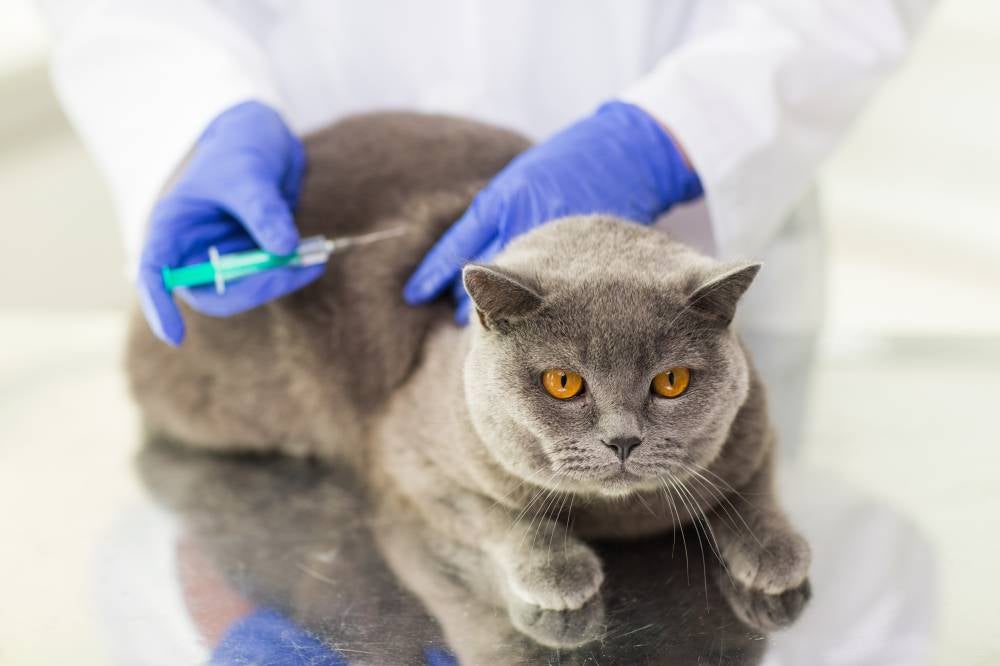
SHAH ALAM - While people eye purebred cats because of their unique and beautiful looks, they also need to know that these cats require exceptional care compared to normal cats, which includes knowing about their genetic health conditions.
Understanding these conditions is crucial for preventing issues that can arise after adoption or result in serious health problems.
Here is a guide for potential cat owners to consider:
Persian Cats: Breathing Issues and More
Persian cats are known for their distinctive flat faces, which can lead to brachycephalic airway syndrome, causing breathing difficulties.
Some Persians are also prone to polycystic kidney disease (PKD), where cysts form on the kidneys, potentially leading to kidney failure.
They may suffer from eye problems like entropion, where the eyelids fold inward, causing excessive tearing.
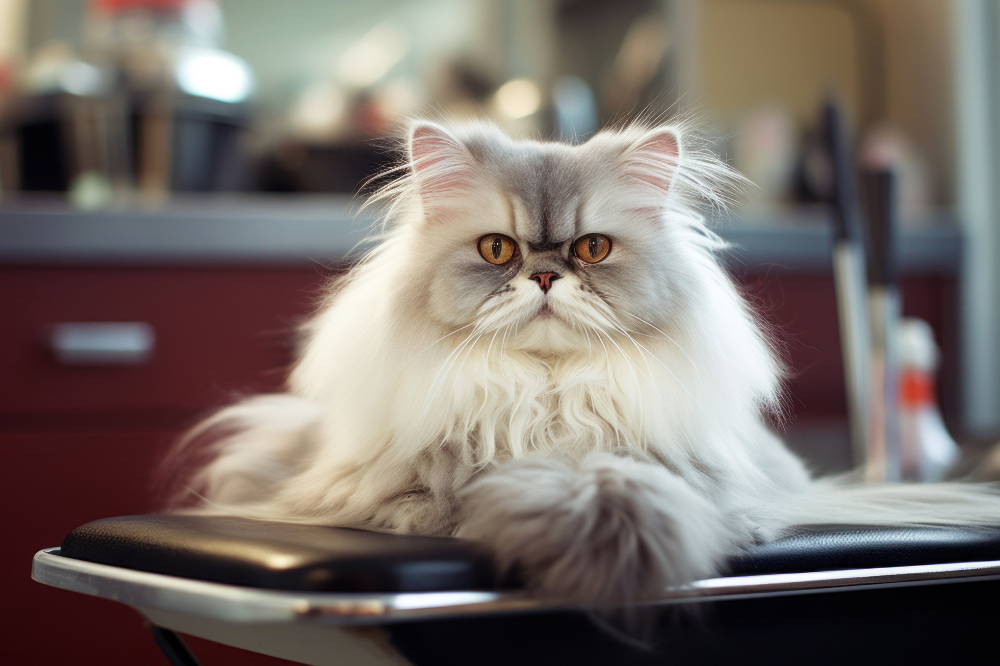
Maine Coons: Muscle Weakness and Heart Problems
Maine Coons, celebrated for their large size and beautiful fur, are susceptible to several genetic issues.
They often suffer from Hypertrophic Cardiomyopathy (HCM), which causes the heart walls to thicken, potentially leading to stroke or heart failure.
They may also experience hip dysplasia, resulting in arthritis, and Spinal Muscular Atrophy (SMA), which leads to muscle weakness.
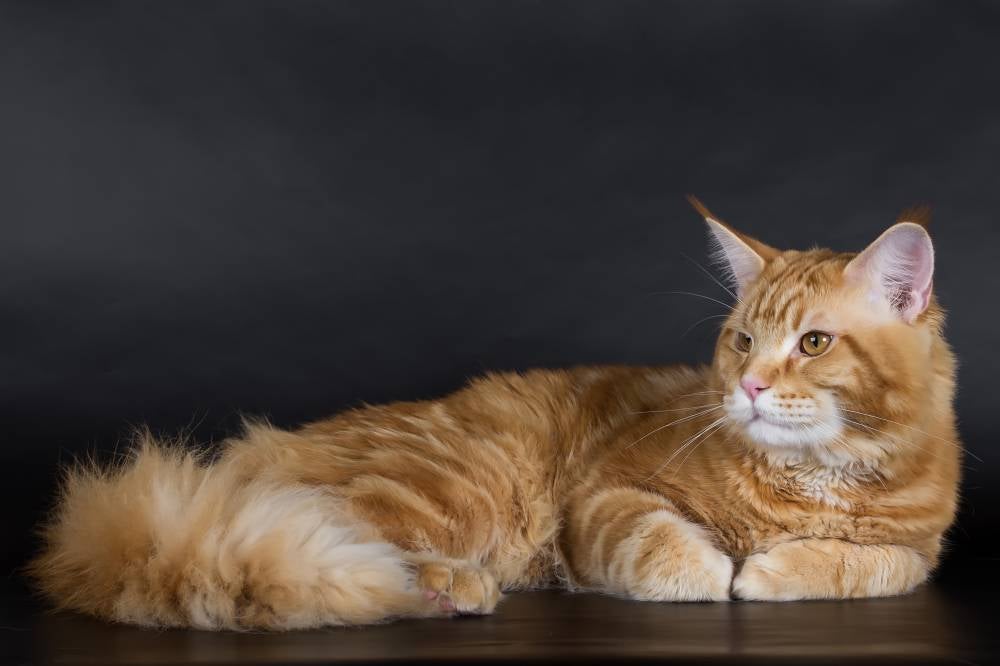
Siamese Cats: Kinked Tails and Respiratory Issues
Siamese cats often have crossed eyes and kinked tails, which are considered endearing traits.
However, they are also prone to respiratory conditions like allergic bronchitis or asthma.
Siamese cats are at higher risk for Progressive Retinal Atrophy (PRA), which can lead to blindness.
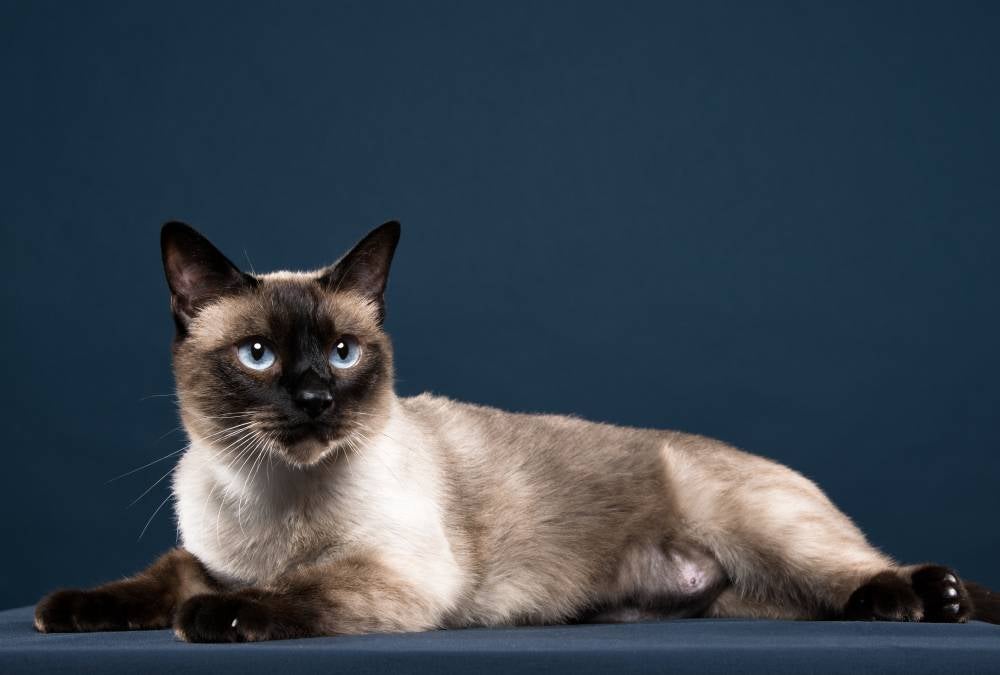
British Shorthairs: Dental and Weight Issues
British Shorthairs are prone to periodontal disease due to their genetic dental condition.
Without proper dental care, they can develop serious oral health issues.
They are also susceptible to HCM, which can lead to heart failure or stroke, and are prone to obesity, which can cause diabetes. Managing their diet is crucial.
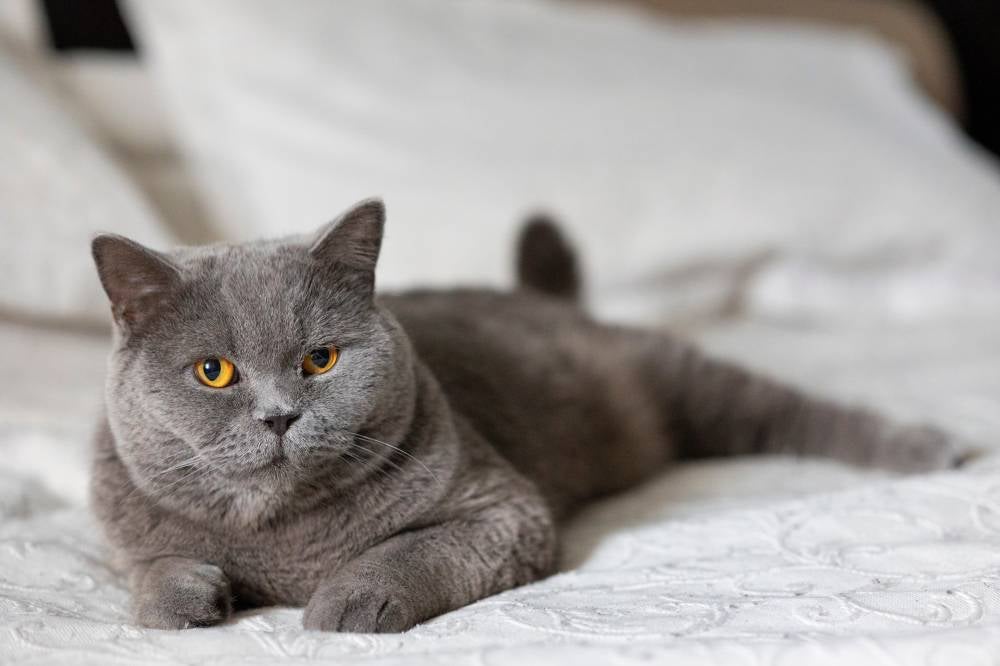
Sphynx Cats: Skin Problems and Temperature Sensitivity
The hairless Sphynx cat is prone to skin issues such as infections, rashes, and sunburn, requiring diligent skincare.
They are also vulnerable to HCM, and a genetic test is recommended before purchase. Due to their lack of fur, Sphynx cats are sensitive to cold and need to be kept warm to avoid respiratory issues like feline asthma.
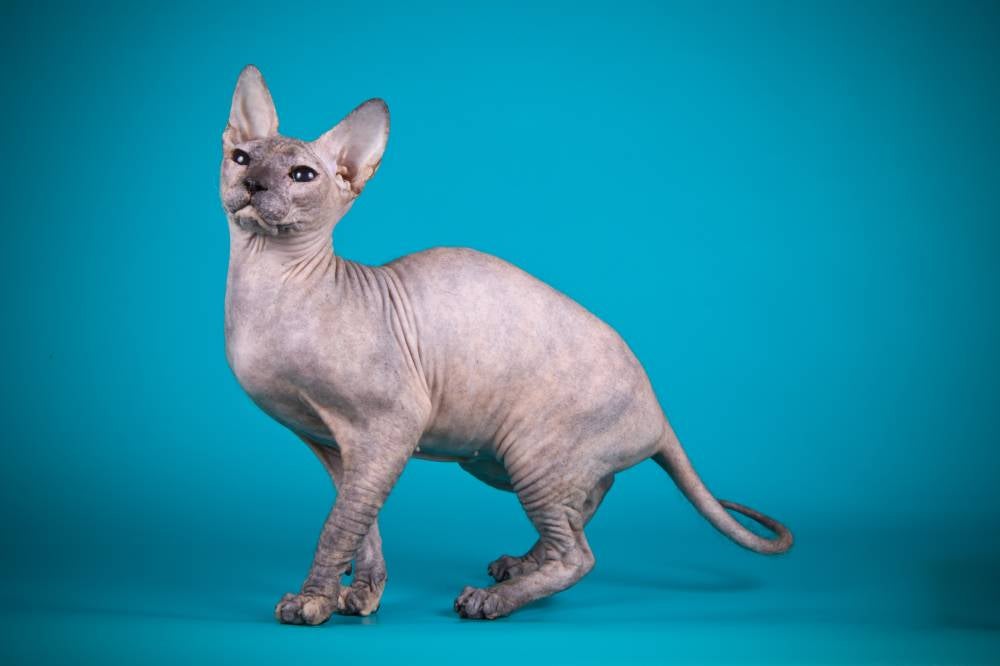
Ragdoll Cats: Bladder Stones and Obesity
Ragdolls, known for their striking fur patterns, are susceptible to bladder stones due to urinary tract issues.
Symptoms include increased urination, and timely medical check-ups are necessary to prevent dangerous toxin buildup.
Ragdolls are also prone to obesity and HCM, making genetic testing and weight management important.
Understanding these potential health issues can help ensure that prospective owners are fully prepared to provide the necessary care for these unique and beautiful cats.
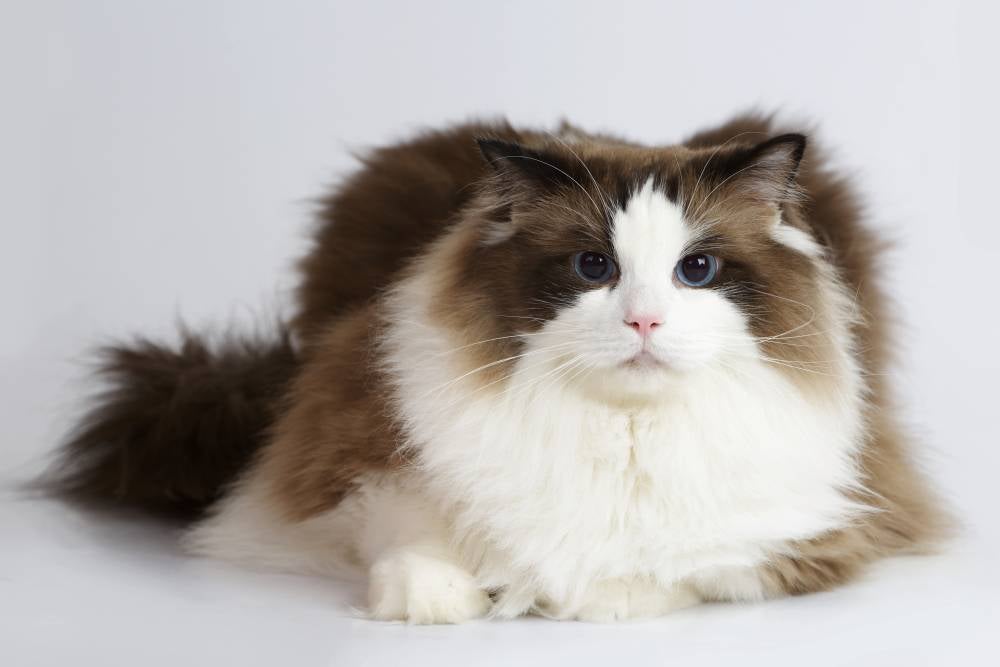
Looking for premium cat food to keep your feline friend healthy and happy? Tomkraf offers delicious and nutritious food specially formulated for your cat's needs.
Shop online now at:
- Tomkraf Official Store on Shopee
- Tomkraf Cat Shop on TikTok Shop
- www.karangkrafmall.com
Want to share the Tomkraf love with other cat owners? Become a Tomkraf agent! Contact our marketing unit at 012-6472580 to learn more.












